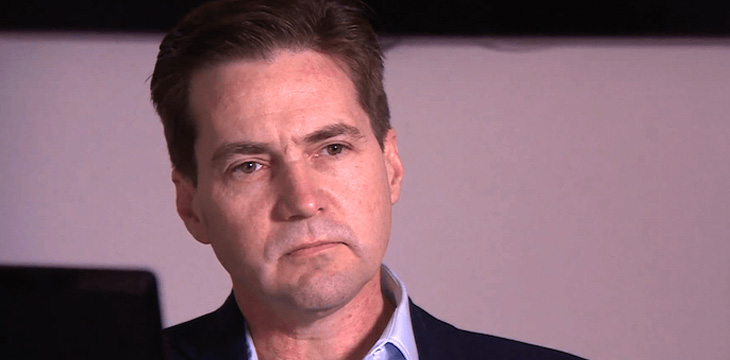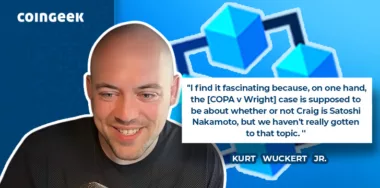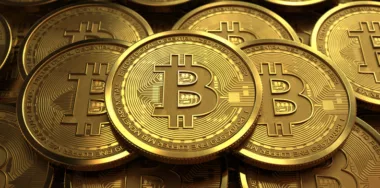A few months ago, yet another thread appeared on the r/bitcoin reddit forum that attempts an attack on Dr Craig Wright’s credibility in an argument that is with one lens.
The thread, titled “Craig S Wright’s email to Dave Kleiman is provably false”, authored by u/fbonomi attempts to explain how an originally leaked email from Dr Wright to Kleiman couldn’t have been genuine because the email domain shown in the reply-to field of the header, was one that was registered the year after.
Why the discrepancy?
On the surface, this can indeed look unusual, but these sorts of discrepancies are often explained by mailboxes that have changed primary domains. In fact, it is very much common practice for companies and individuals to change primary mail domains and merge mailboxes.
The evidence is there that Dr Wright ran an exchange server in 2008/09 as he was teaching this at CSU (university). They used an exchange server in hotwire which was migrated and moved several times as the company structure evolved. This naturally required changing domains.
In exchange, the method for this is highlighted in this link here. But in short, it requires adding a new ‘Accepted Domain’ into the organisation, and then modifying the email address policies so that the new SMTP address is associated with the necessary objects. Once the secondary address is added, we can make it the default reply-to address. AD changes, mail flow management, and co-existence are covered here.
Essentially, what we know is that in 2009, the domain was changed, and the server was updated.
Dr Wright states that “they say false, but, if you merge mailboxes, you alter domain details. The reason was to maintain my emails across companies. As we moved from domain to domain, I wanted to keep my old email stream. It is standard practice and as I was teaching an exchange course at CSU, something I am well versed in. I later moved to Google, migrating from Exchange. This was only right at the end.”
So why did this topic grow into a storm of up votes and cheering comments? Well there’s a phrase that sums up this phenomena, and it is; confirmation bias.
When people go digging, and hoping to find a fraud, they will find a fraud in everything. The author has not considered other possibilities, and has shut themselves off by claiming validity in the “provably false” allegation. A better wording should have been “could be false” if it was honest, or perhaps even post the question, asking why so…
These types of false attacks on character come from a deep seeded tendency by people who interpret and favour information in a way that reaffirms their pre-existing beliefs. This sort of trait is commonly manifested in people who, knowingly or not, gather information selectively.
Needless to say, the effect of such bias is amplified with emotionally charged beliefs. And what more divisive than something that directly involves people’s own money, and world financial systems.
The Bitcoin world has grown to become utterly fragmented, full of false and misleading news, fake information, fake forks, scams, character assassinations and much more. Quite literally anything you read and see online now requires immense scrutiny.
Which news source do you trust? Who does their due diligence? Who is honest?
The onus truly is on every individual to reaffirm anything they read online. It’s not my phrase – but… “The cost of Bitcoin is eternal vigilance.”
Eli Afram
@justicemate
New to blockchain? Check out CoinGeek’s Blockchain for Beginners section, the ultimate resource guide to learn more about blockchain technology.








